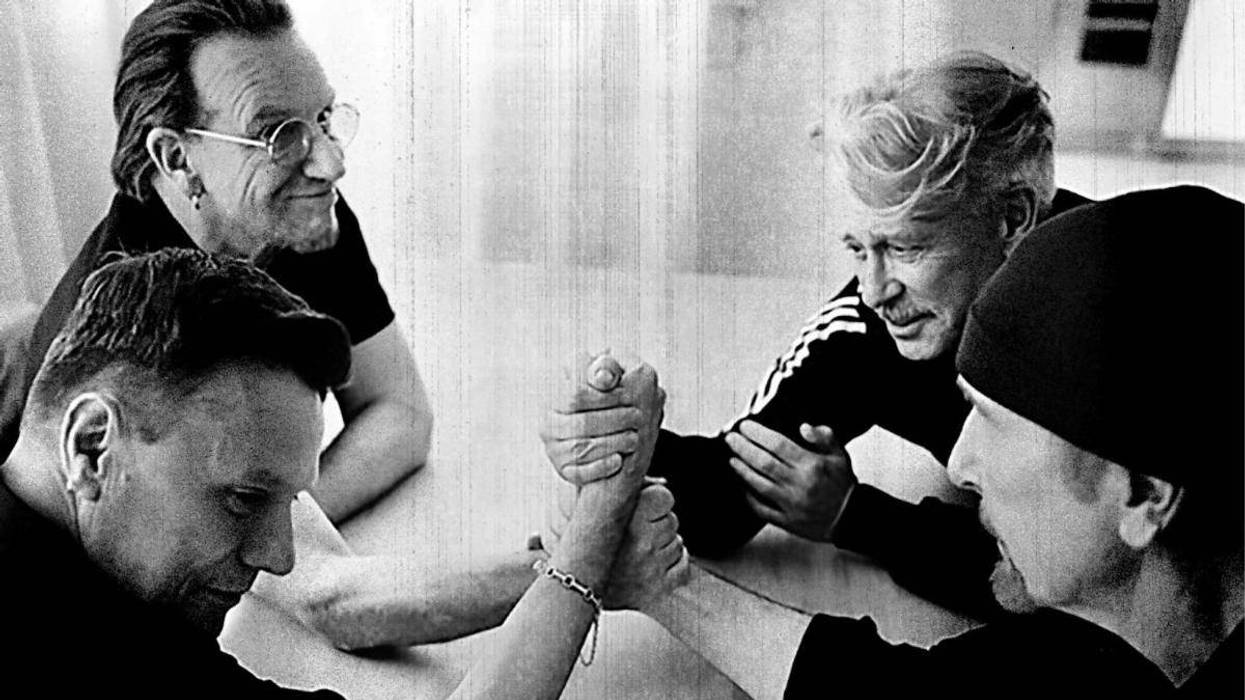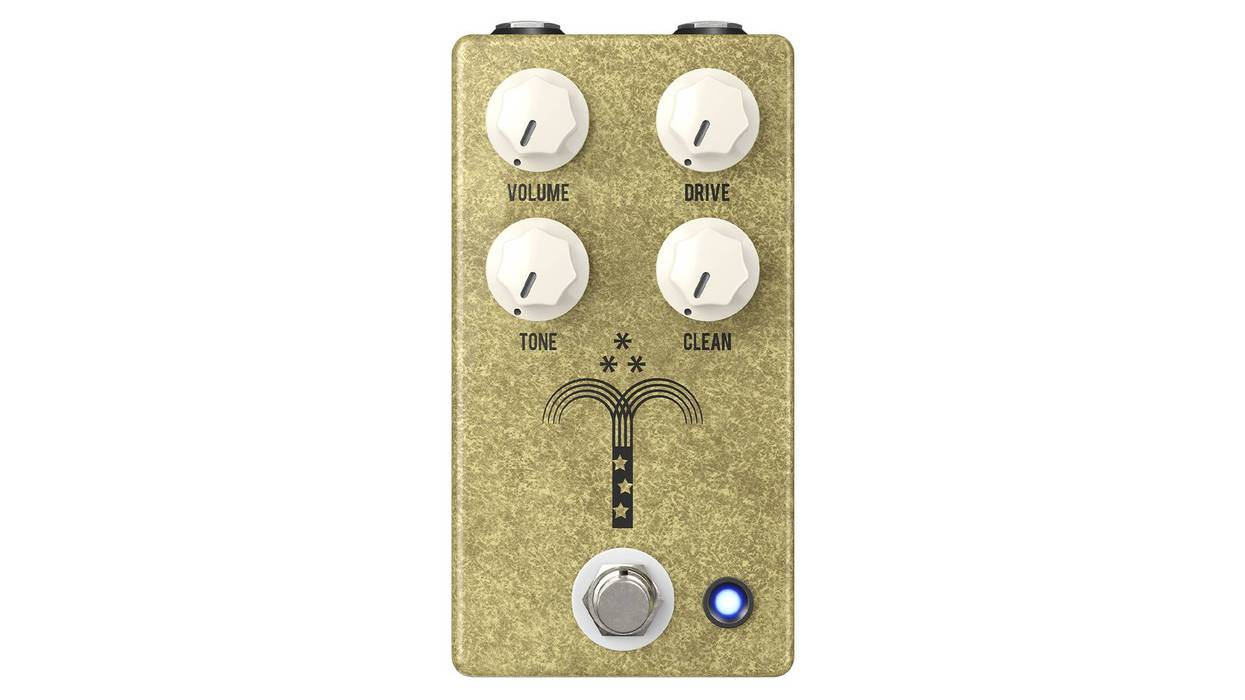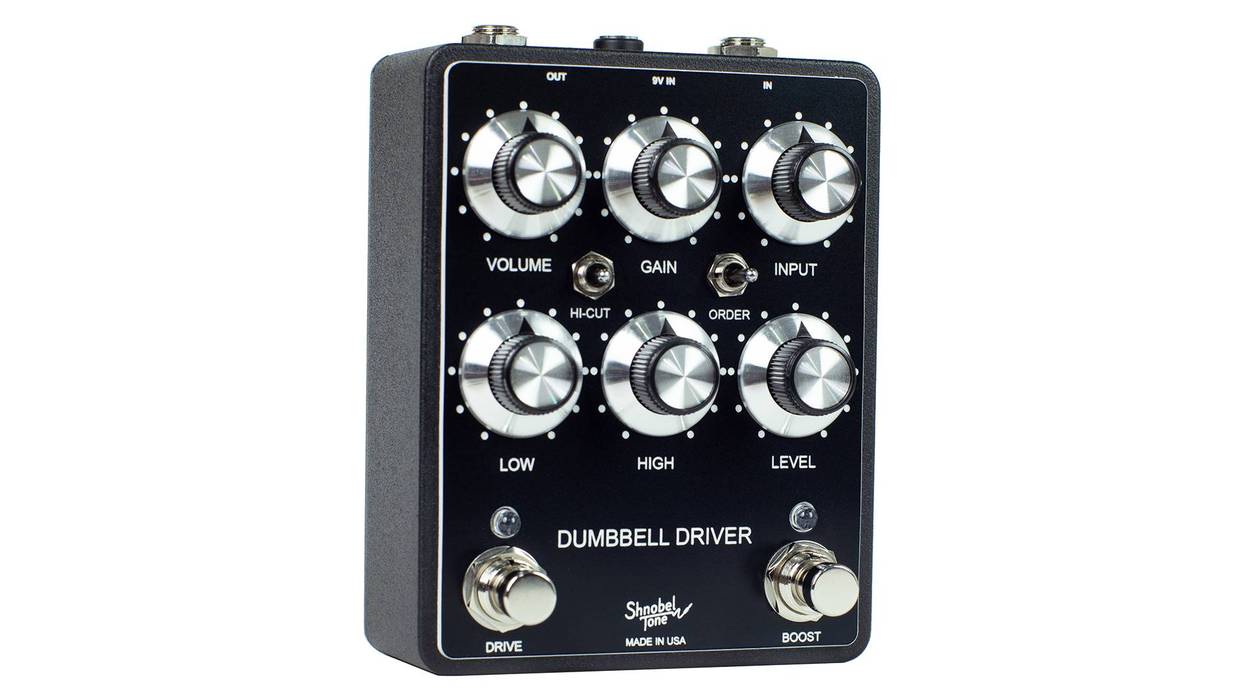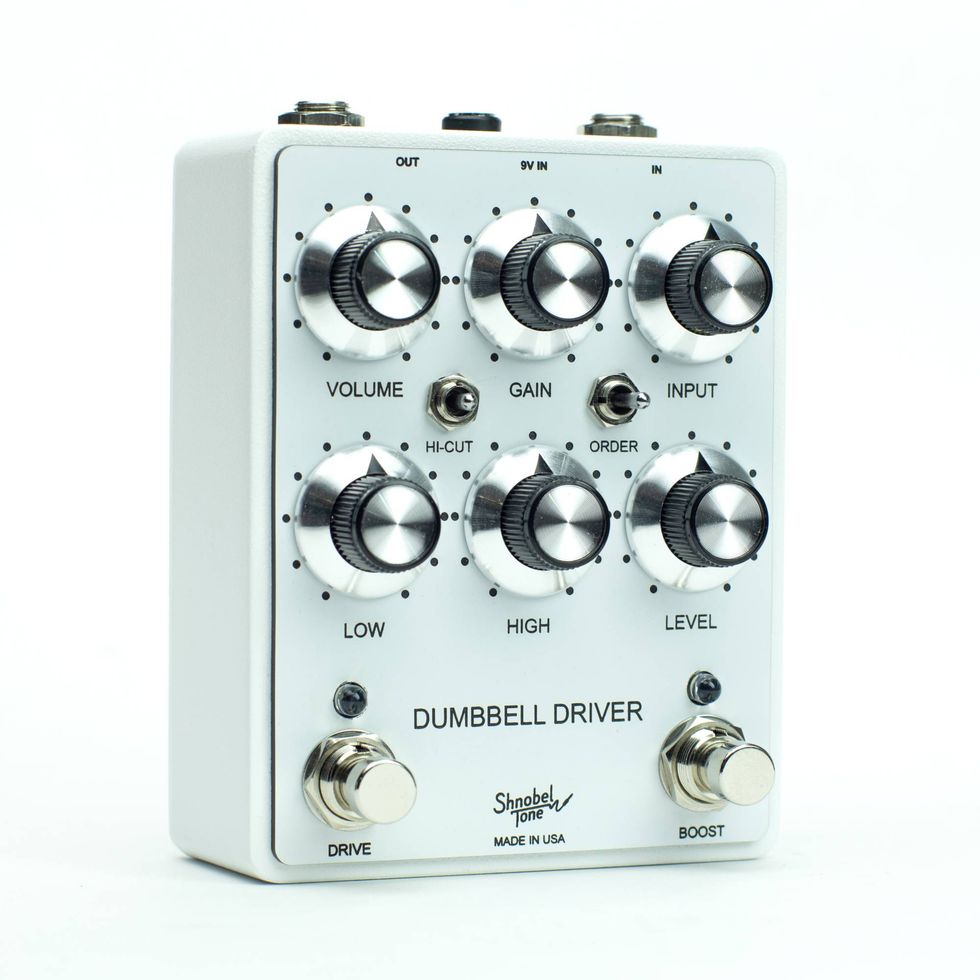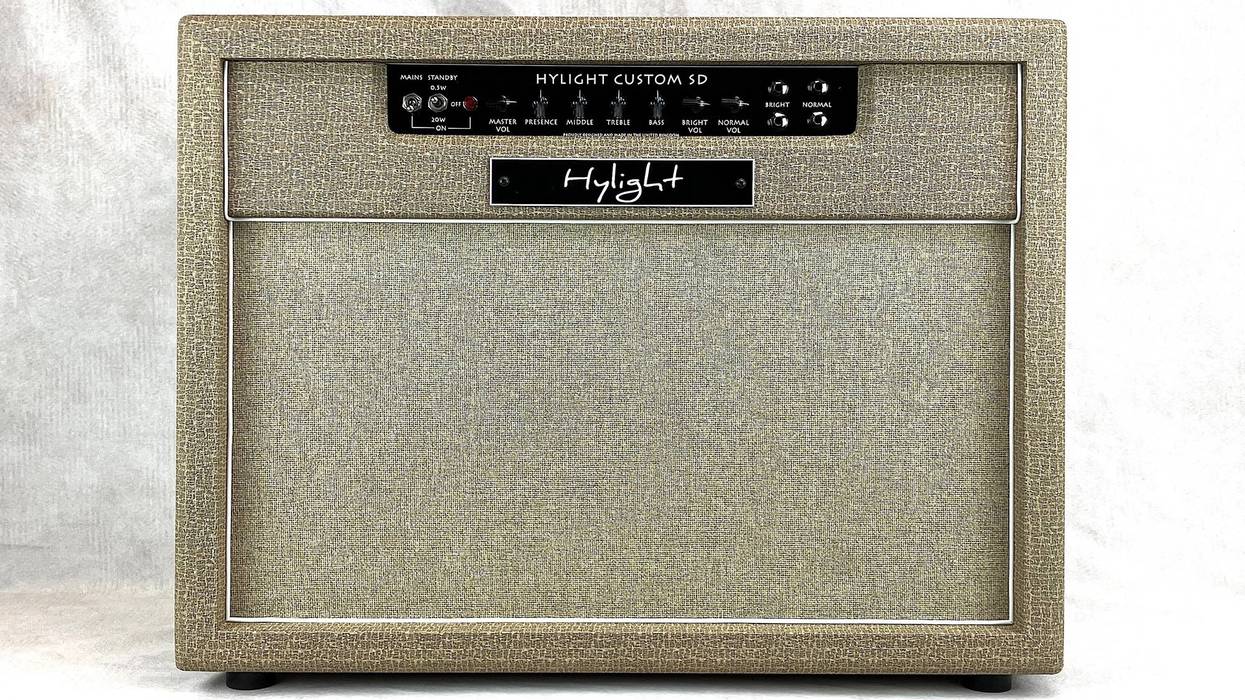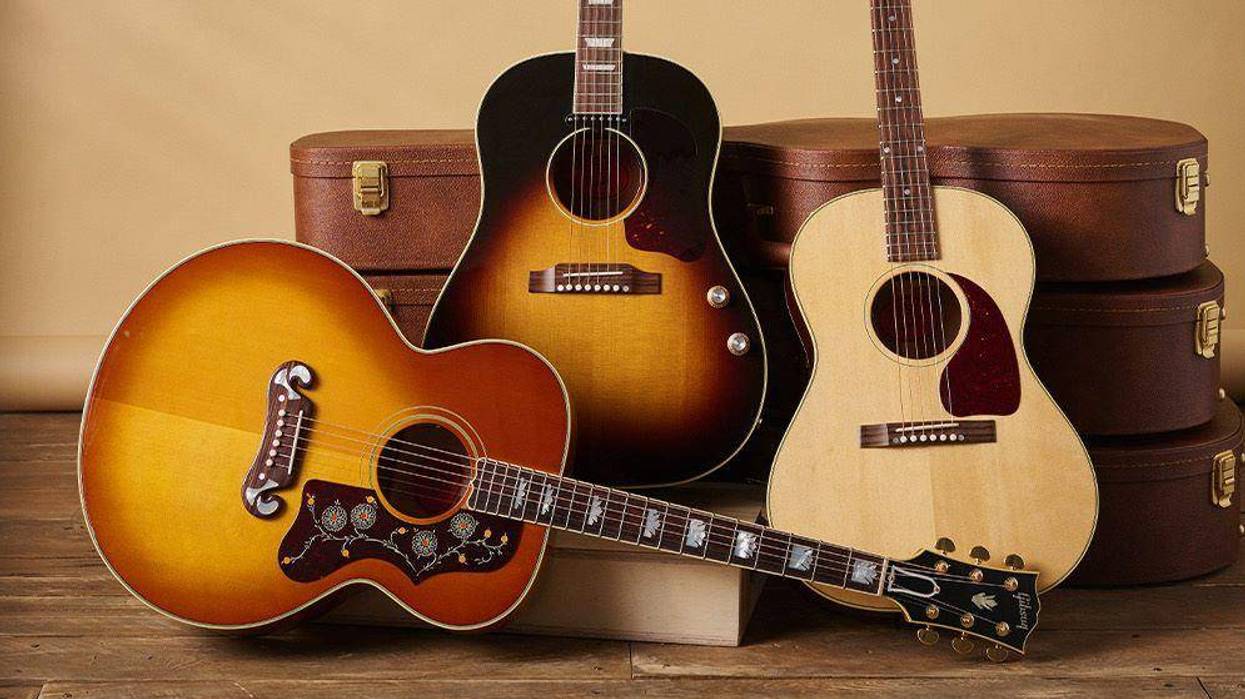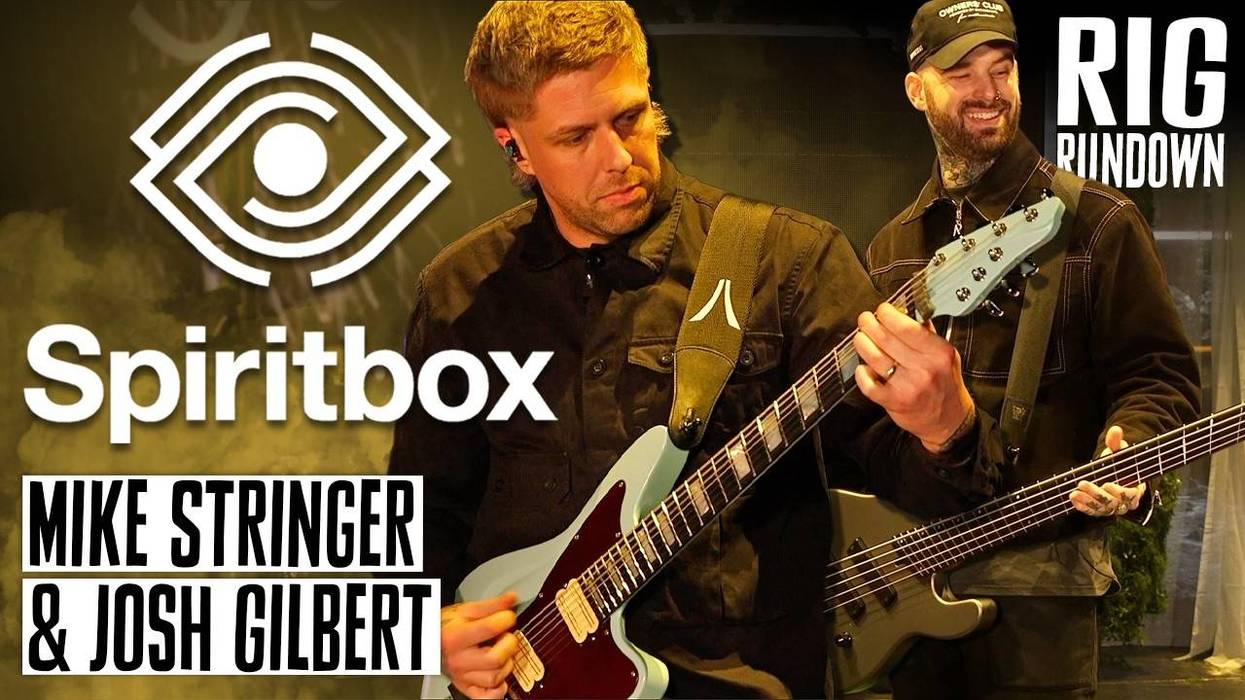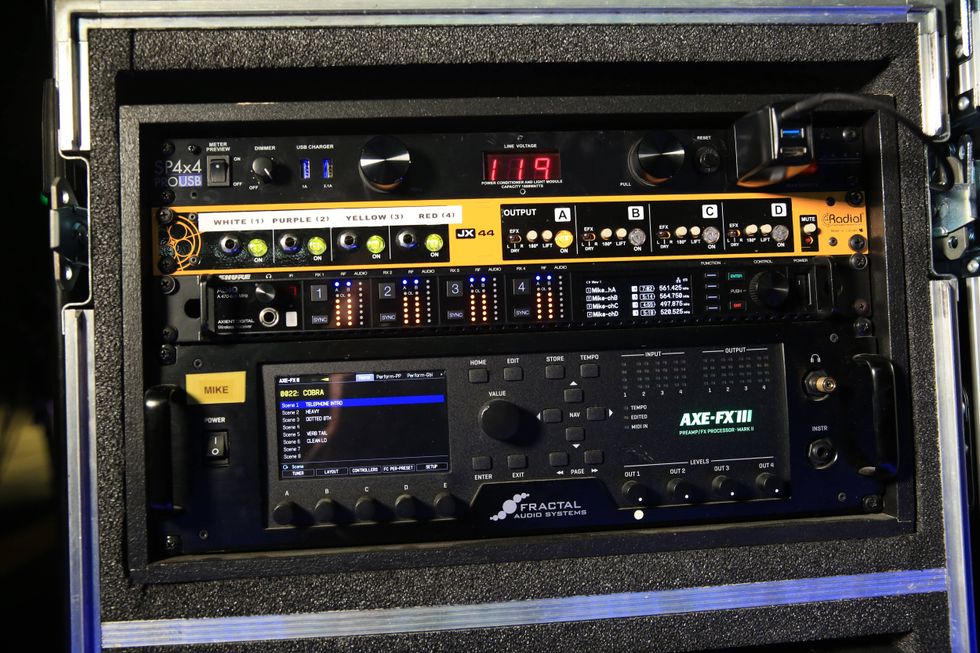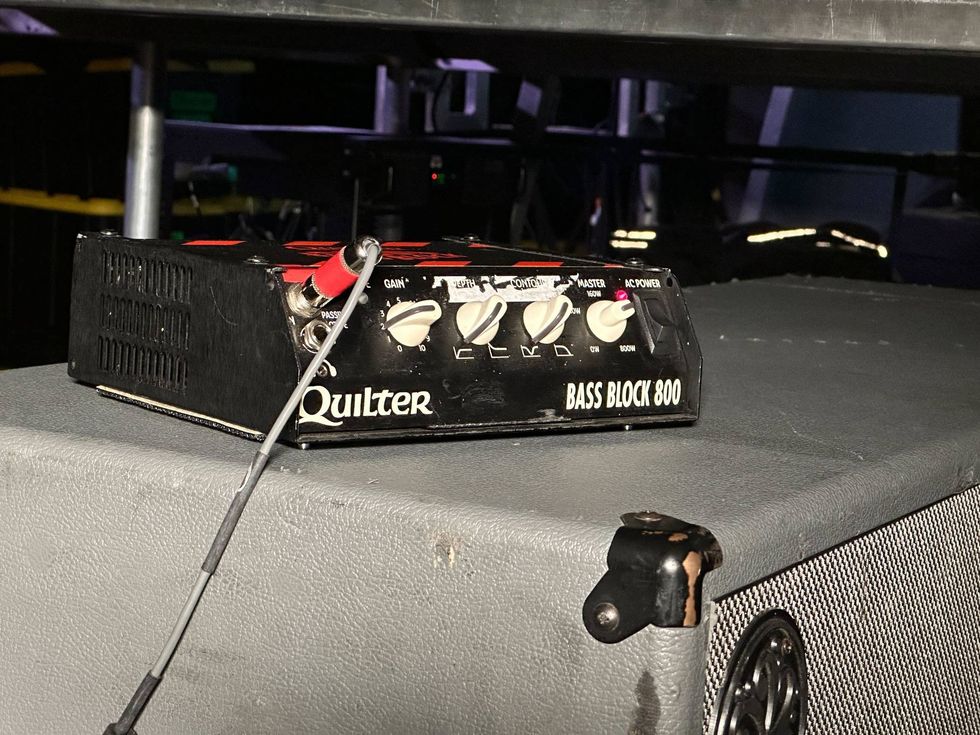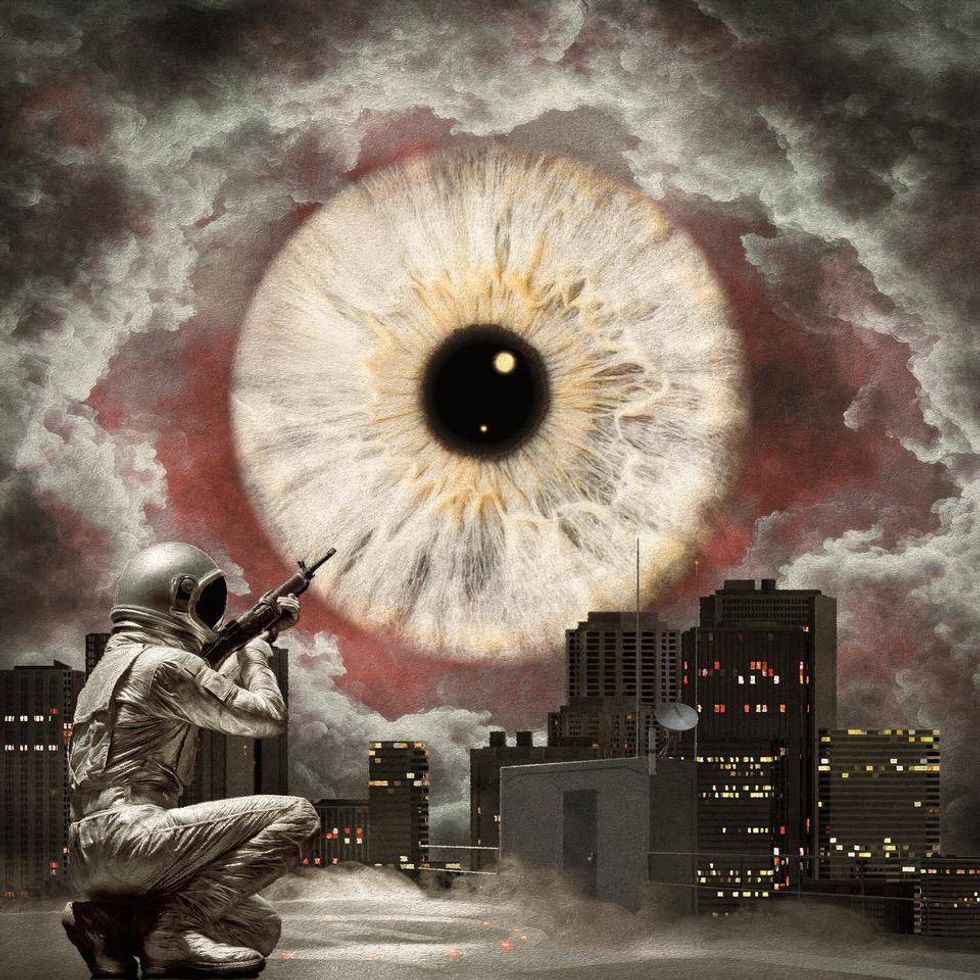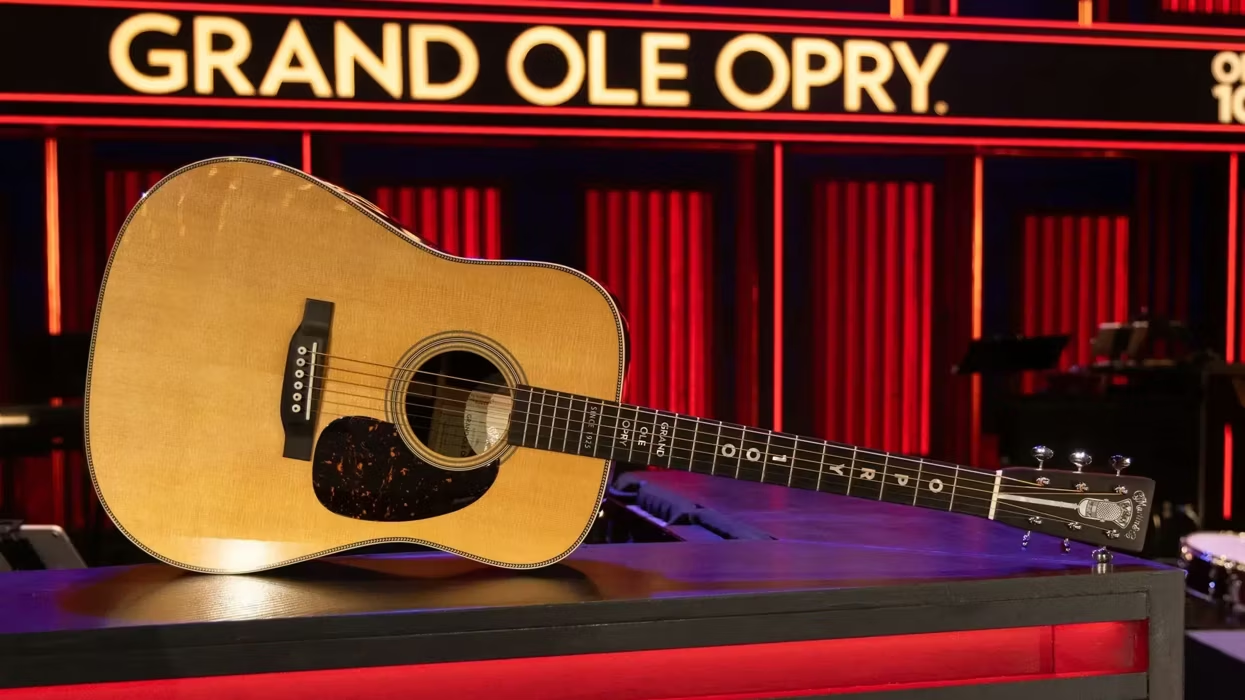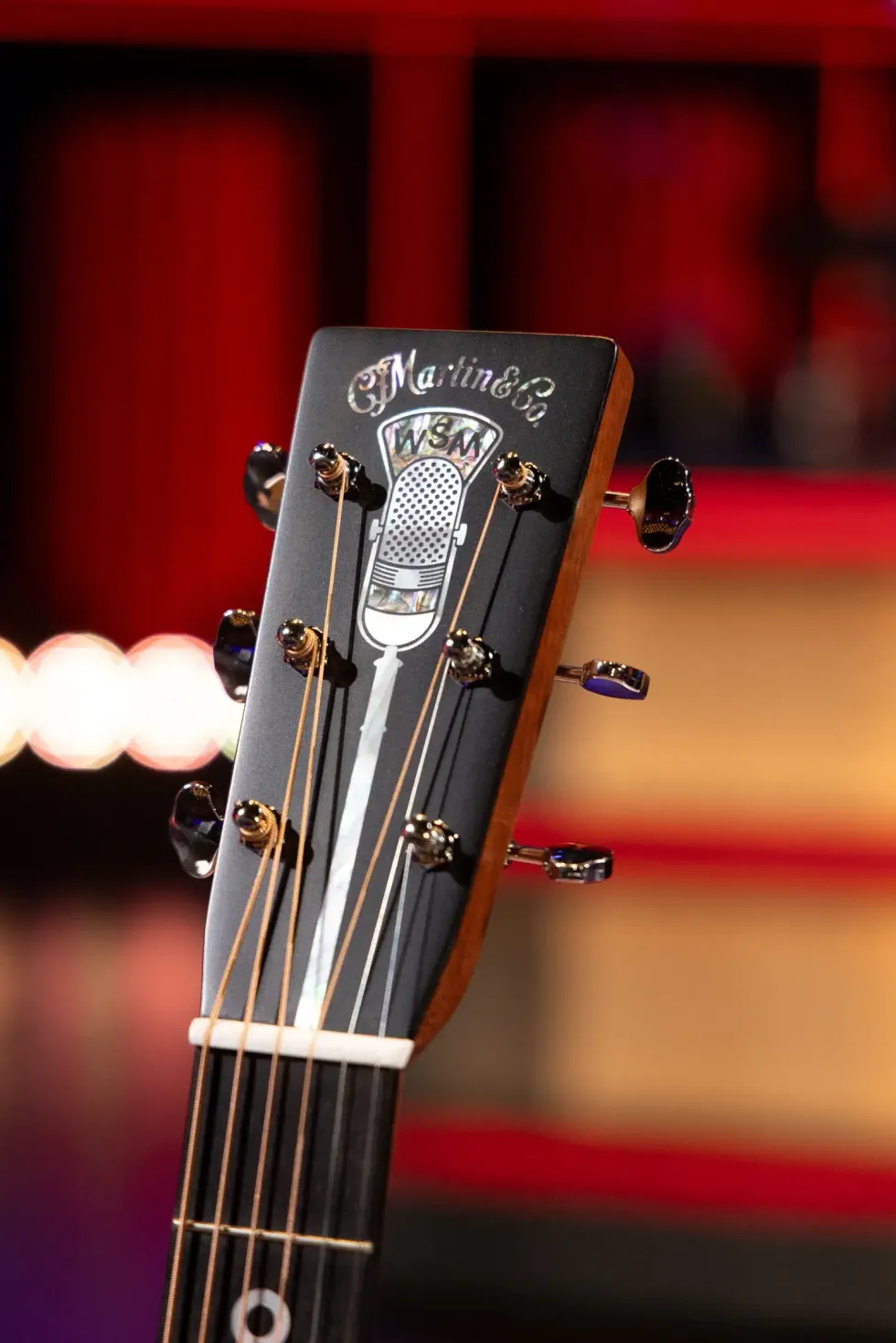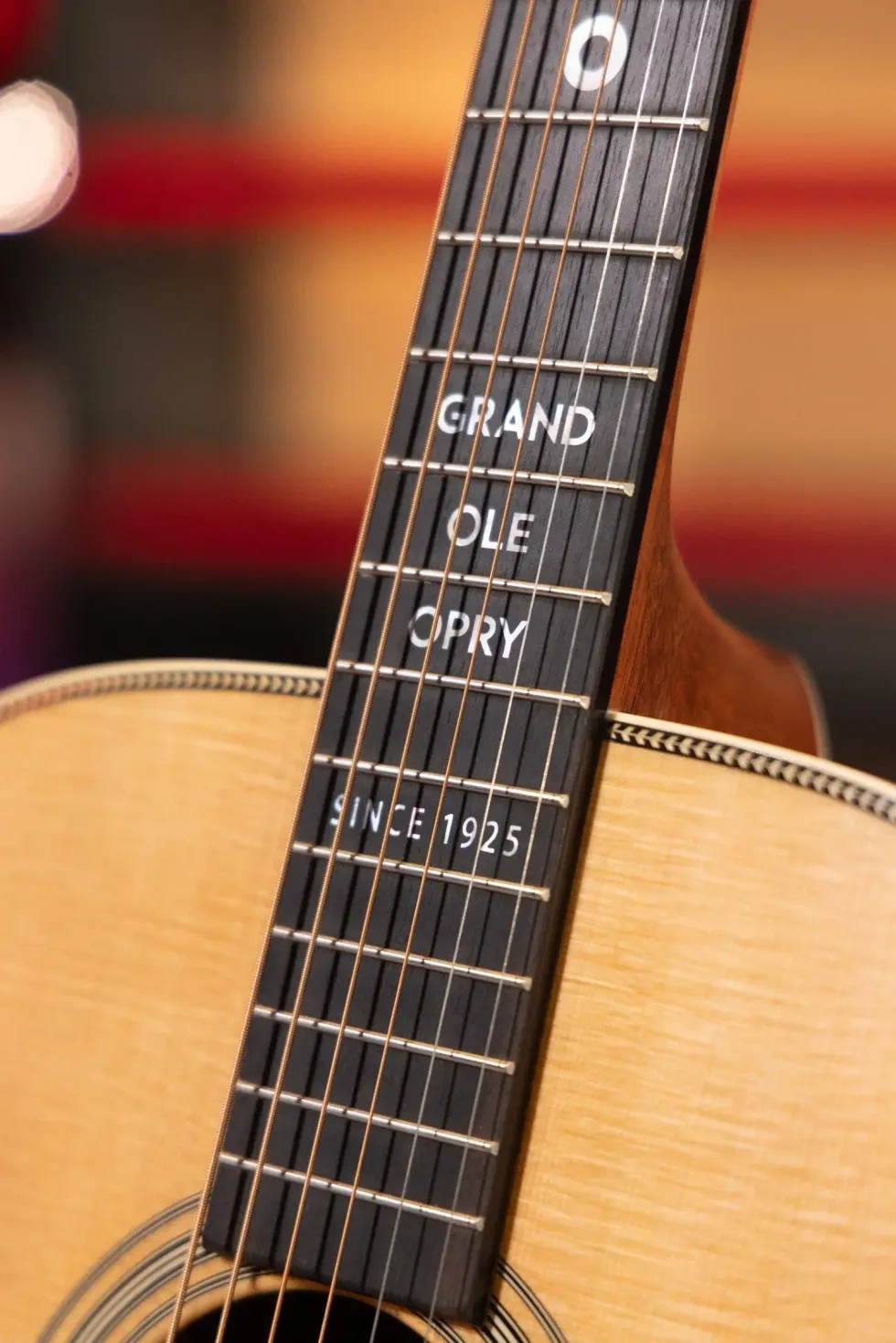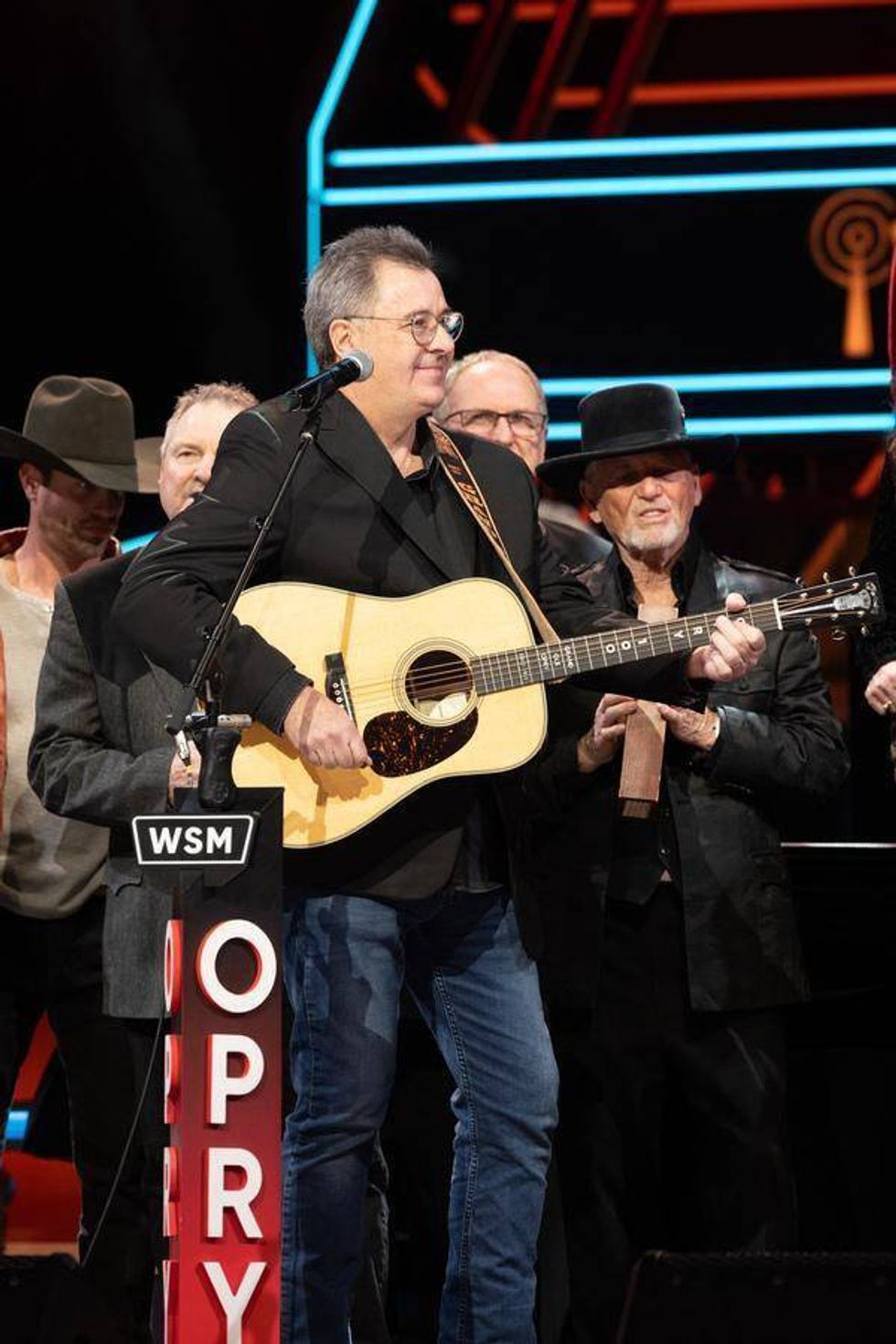I spent the summer after I graduated high school gigging five nights a week with a cover band in my home town of Billings, Montana. It was an informative three months; I learned about tone, pocket and vice. On one of my rare nights off I stumbled (literally) into a tiny bar where Chuck Pyle was absolutely tearing up his battered Martin for an audience of one bored waitress and one surly bartender. The performer was as talented as the room was dead...completely. Chuck was not only a brilliant guitar player but had mastered the art of between song banter. His spoken prologues were written better than most songs one hears at a writer''s night in Nashville. This was one hazy night nearly twenty years ago so I can''t remember the song title but I do remember his introduction; though not verbatim, it went something like this:
"Sometimes it seems to me like one of the jobs of being a musician is to take drugs and tell the rest of the world about it."
He then proceeded to paint a sonic picture of an acid fueled adventure in which he and some fellow musicians morphed into cats, (think T.S. Elliot meets Fritz). I doubt Chuck did this song most nights; he probably read his audience, me, the party of one, and thought, "I have the perfect material for this degenerate." It was so clever and visual that my one listening remained with me all this time. The new posthumous release of Kurt Cobain''s spoken word CD reminded me of Chuck Pyle''s hypothesis.
Many musicians clearly romanticize drug use, even addiction and, unbelievably, drug related fatalities. Some report that drugs open doors in their playing. Tom Hamilton of Aerosmith, sober for some time now, said somewhat sheepishly in an interview that he probably wouldn''t have come up with that great bass line from "Sweet Emotion" had he not been high, (not exactly a ringing endorsement for clean living). The majority of stoner musicians are plain old, garden variety dimwits, (as seen on MTV throughout the eighties), with red-eyed smiles that say, "I wanna rock and roll all night and PARTY EVERY DAY," (ironically, a song written by the chemical-free Paul and Gene of KISS).
The worse are those annoying musicians who play the tortured genius card, arguing the overwhelming burden of lugging around brilliance and enormous talent necessitates a means of escape from feeling too deeply, (e.g. Pete Doherty, the wanker). Regrettably, the musician mythos has taken a sharp turn into some creepy, dark waters. There have always been drugs in music, but now they seem so openly evil. Go to YouTube and check out Cab Calloway''s brilliant performance of "Reefer Man"; the band, along with the audience are all in on a little joke about a bass player harmlessly and hilariously dabbling in weed. Now compare that with any random photo of Amy Winehouse. We''ve come a long way, baby.
Admittedly, I''ve not been an ideal role model. I''ve played many, many gigs with a not-so-healthy buzz (I ain’t talking about a 60 cycle hum from single coil pickups). I''m sure there are videos or audio recordings of some of my less-than-stellar, beer-driven performances out there on some website, which don’t set a great example for kids. Other mistakes include incriminating things I''ve said in interviews and colorful songs I''ve written. On the fifth year of Bushdom, (Bush dumb) I wrote and recorded a song called "Weed in the Whitehouse," which I intended to be more of a funny political jab than a NORML add:
"We need some weed in the Whitehouse,
give us all something to smile about.
Throw a kilo and the furnace
and pump the smoke into the oval office
we''ll finally have some world peace
when we all inhale with the chief.
Oh say can you see,
our country needs some weed."
No matter my intent, you''d be hard pressed to use my work as a battle cry for sobriety.
I regret my formerly cavalier attitude about the whole mess. I hope and pray that I never lead any young, aspiring musician astray. The music world of my youth, though replete with bloated rockers d.o.a. from their assorted overdoses, seems vaguely quaint when compared to what the modern paparazzi serves us each week. Yes, this sounds hypocritical and short sighted, but I maintain that there''s a gigantic difference between the drug use of musicians in the past and modern druggy musicians. In the past it seemed about love, fun and breaking convention, in hopes of establishing a new beautiful world. Today the druggers seem hopelessly set on destruction…no beauty, no future, just get numb and watch the cesspool burn.
The romanticized nihilist rocker image holds a seductive power. Regrettably, just as aspiring musicians study and ape what their heroes play, they also emulate their actions. I wish more musicians would attempt to tear down this false appraisal of the cool, drugged-out musician and give people a more accurate depiction of the true torture these people put themselves and others through.
Singer Layne Staley of Alice in Chains bravely did just that in his final interview three months before he died from an overdose of heroin and cocaine, revealing a broken 34-year-old, incontinent, addled minded, and incapable of leaving his apartment:
"I know I''m dying," he rasped through missing teeth. "This f---ing drug use is like the insulin a diabetic needs to survive...I''m not using drugs to get high like many people think. I know I made a big mistake when I started using this sh--. It''s a very difficult thing to explain. My liver is not functioning and I''m throwing up all the time and sh---ing my pants. The pain is more than you can handle. It''s the worst pain in the world. Dope sick hurts the entire body... I did crack and heroin for years. I never wanted to end my life this way. I know I have no chance. It''s too late. I never wanted [the public''s] thumbs'' up about this f---ing drug use."*
Here''s a short list of a few other potential spokespeople who would have been more than qualified to expand on the pros and cons of mixing one''s music career with chemicals.
GG Allin (36) - punk musician, heroin overdose.
West Arkeen (37) - musician (Guns and Roses), drug overdose.
Chet Baker (58) - jazz trumpeter and singer.
John Balance (42) - musician (Coil), fell over a banister while drunk.
Florence Ballard (32) - musician (The Supremes), cardiac arrest strongly exacerbated by long-term drug abuse.
Lester Bangs (33) - musician, writer, overdose of painkillers, possibly accidental.
Bix Beiderbecke (28) - jazz musician, alcoholism.
Bunny Berigan (33) - musician, trumpet, liver cirrhosis from alcoholism.
Wes Berggren (28) - musician (Tripping Daisy), suspected drug overdose
Dave Bidwell - musician, the Pink Fairies, Chicken Shack, Savoy Brown, Mungo Jerry.
Matty Blagg (real name Matthew Roberts) - musician (Blaggers I.T.A.), heart attack due to ketamine / ecstacy OD.
Mike Bloomfield (36) - blues guitarist, heroin overdose.
Tommy Bolin (25) - musician (Deep Purple), drugs overdose and/or alcohol poisoning.
John Bonham (32) - musician (Led Zeppelin), alcohol-related asphyxiation caused by choking on his own vomit.
James Booker (44) - musician, liver failure..
Rob Buck (42) - musician (10,000 Maniacs), liver disease.
Tim Buckley (28) - rock and roll musician, heroin overdose.
Chad Butler (aka "Pimp C" - 33) - rap musician, accidental overdose of Promethazine/Codeine.
Paul Butterfield (44) - musician, drug and alcohol overdose.
Toy Caldwell (45) - musician, Marshall Tucker Band.
Gene Clark (46) - musician (the Byrds), bleeding ulcer due to long term alcohol abuse.
Sonny Clark - musician, hard bop pianist, heroin overdose.
Steve Clark (30) - musician (Def Leppard), accidental death (anti-depressants, painkillers and alcohol).
Michael Clarke (47) - musician (the Byrds), liver failure due to long term alcoholism.
Kurt Cobain (27) - musician (Nirvana), heroin overdose and a shotgun wound in head. Also theories for murder.
Brian Cole (30) - musician, the Association, heroin overdose.
Brian Connolly (51) - musician (Sweet), liver damage caused by long-term substance abuse and chronic alcoholism.
Cowboy (real name Keith Wiggins - 29) - musician (Grandmaster Flash & the Furious Five), drug overdose.
Carl Crack (30) - musician (Atari Teenage Riot), drug overdose.
Darby Crash (22) - punk musician (The Germs), suicide by heroin overdose.
Robbin Crosby (42) - musician (ex-Ratt), contracted HIV as a result of long-time heroin addiction and died of a heroin overdose.
Jesse Ed Davis (43) - guitarist, session musician, drug overdose.
Rick Dey - musician (the Vejtables, February Sunshine, the Wilde Knights and the Merry-Go-Round).
Dimwit - musician, D.O.A., drug overdose.
Tommy Dorsey (51) - jazz musician and bandleader, choked to death while sleeping with the aid of drugs.
John Dougherty - musician, Flipper, heroin overdose.
Nick Drake (26) - musician, anti-depressant overdose, disputed suicide.
Kevin DuBrow (52) - rock vocalist, cocaine overdose.
Tommy Edwards (47) - musician, liner notes for greatest hits album claim death due to alcoholism
John Entwistle (57) - musician, bassist for the Who, died from heart failure brought upon by cocaine use.
Brian Epstein (32) - Manager of The Beatles, drug overdose.
Howie Epstein (47) - musician, ex-bassist with Tom Petty and the Heartbreakers, heroin overdose
Rick Evers - musician, drummer and songwriter, was married to Carole King, heroin overdose.
Pete Farndon (31) - musician, the Pretenders, drowned/ heroin overdose.
Keith Ferguson - musician, the Fabulous Thunderbirds.
Rory Gallagher (47) - musician, Taste, died of pnemonia and a liver failure, caused by side effects of a combination of doctor-prescribed drugs.
Judy Garland (47) - singer and actress, disputed drug overdose as cause of death.
Lowell George (34) - musician, Little Feat, heart attack - habitual drug abuse probable cause.
Andy Gibb (30) - singer, younger brother of the Bee Gees; cardiac damage strongly exacerbated by cocaine and alcohol abuse.
Candy Givens - musician, Zephyr, drowned in jacuzzi after passing out from a mix of alcohol and quaaludes.
Dwayne Goettel (31) - musician, Skinny Puppy, heroin overdose.
Paul Gonsalves (53) - jazz tenor saxophonist, Duke Ellington, narcotics overdose
Stacy Guess - musician, the Squirrel Nut Zippers, heroin overdose.
Bobby Hatfield - musician, The Righteous Brothers, heart attack triggered by cocaine overdose.
Tim Hardin - folk musician, heroin and morphine overdose.
Eddie Hazel - musician, guitarist, of the P-funk collective, liver failure.
Jimi Hendrix (27) - rock and roll musician, respiratory arrest caused by alcohol and barbiturate overdose and vomit inhalation.
Gregory Herbet - musician, Blood, Sweat & Tears.
Bob Hite - musician, Canned Heat, heart attack from drug use.
Randy Jo Hobbs - musician.
Billie Holiday (44) - jazz singer died from cirrhosis of the liver attributed to longtime alcohol and heroin abuse.
James Honeyman-Scott - musician, the Pretenders, cocaine overdose.
Shannon Hoon (28) - musician, singer in Blind Melon, cocaine overdose.
Steven Ronald "Stevo" Jensen - musician, The Vandals, prescription drug overdose.
Brian Jones - musician, the Rolling Stones, drowned, very likely due to alcohol and barbiturate intoxication.
Rob Jones (a.k.a. The Bass Thing) - musician - former bassist of The Wonder Stuff, heroin/cocaine/alcohol overdose.
Russell Jones (a.k.a. Ol'' Dirty Bastard) - hip hop musician, accidential overdose, cocaine and prescription painkiller.
Janis Joplin (27) - rock and roll and blues musician, heroin overdose.
John Kahn - musician, Jerry Garcia Band, complications of heart disease, heroin, cocaine, and antidepressants found in his body.
Wells Kelly - musician, Orleans, heroin overdose.
Rudy Lewis - musician, the Drifters.
Gerald Levert - R&B singer, son of O''Jays singer Eddie Levert - accidental combination of prescription medications.
Frankie Lymon - musician, doo wop singer, heroin overdose.
Phil Lynott (36) - musician, Thin Lizzy, health breakdown caused by a heroin overdose.
Billy Mackenzie - musician, the Associates, overdosed on temazepam, amitriptyline, and paracetamol (suicide).
Steve Marriott - musician, The Small Faces and Humble Pie, drug related fire.
David McComb (36) - musician, The Triffids, heroin overdose.
Jimmy McCulloch - musician with Wings, guitarist, heroin overdose.
Ron "Pigpen" McKernan - musician, the Grateful Dead, gastrointestinal hemorrhage linked to alcohol abuse.
Robbie McIntosh - musician, Average White Band, heroin overdose.
Jonathan Melvoin - touring keyboardist for the Smashing Pumpkins, heroin overdose.
Big Maceo Merriweather (47) - blues pianist, chronic alcoholism
Miss Christine - musician, The GTOs, heroin overdose.
Keith Moon - musician, the Who, accidental overdose on anti-seizure medication prescribed for alcoholism.
Jim Morrison (27) - musician, The Doors, heart failure, alcohol abuse (cause and fact of death disputed).
Billy Murcia - musician, the New York Dolls, accidental suffocation after drugs and alcohol.
Brent Mydland - musician, keyboardist, of the Grateful Dead, cocaine/morphine overdose.
Modest Mussorgsky - classical composer, alcohol.
Delphine Neid - musician, The Nuns, drugs overdose.
Joachim Nielsen (36) - rock musician in the band Jokke & Valentinerne, drug overdose
Bradley Nowell (28) - musician, Sublime, heroin overdose.
Charlie Ondras - musician, Unsane.
Bryan Ottoson - musician, American Head Charge, accidental prescription-drug overdose.
Malcolm Owen - singer, lyricist of the Ruts, heroin overdose.
John Panozzo (47) - musician, drummer, Styx, complications of alcohol abuse.
Charlie Parker (34) - jazz musician; the official cause of death was (lobar) pneumonia and a bleeding ulcer, his death was hastened by his drug and alcohol abuse
Gram Parsons (26) - country musician, of the Byrds and the Flying Burrito Brothers, overdose, purportedly of morphine and tequila.
Jon-Jon Paulos - musician, the Buckinghams.
Art Pepper (56) - jazz musician.
Kristen Pfaff (27) - musician, ex-member of Hole, heroin overdose.
Esther Phillips (48) - musician, singer, liver and kidney failure due to alcohol and heroin dependency.
John Phillips (65) - musician, of the Mamas and the Papas, heart failure due to lifetime of alcohol and narcotics abuse.
Rob Pilatus (32) - musician, Milli Vanilli, drug overdose.
Carl Radle (37) - bass guitarist, Derek and the Dominos,Eric Clapton, kidney disease due to long term narcotics and alcohol abuse
Dee Dee Ramone (50) - musician, the Ramones, heroin overdose.
James Ray - singer, drug overdose.
Johnnie Ray (63) - musician, liver failure caused by alcoholism.
Jimmy Reilly (17) - musician, Watertower West and Tony And The Tigers, heroin and alcohol overdose.
Rob Graves Ritter - musician, Thelonius Monster, Gun Club, the Bags, 45 Grave
Andy Rogers - musician, bassist with Johnny Cash, heroin overdose.
Peter Rosen - musician, War.
Michael Rudetsky - musician, keyboardist, Culture Club, heroin overdose.
David Ruffin (50) - musician, the Temptations, drug overdose.
Joe Schermie - musician, Three Dog Night, heart attack resulting from long-term drug abuse
Bon Scott (33) - musician, AC/DC, aspiration brought on by alcohol intoxication.
Ronnie Scott (69) - jazz tenor saxophonist, died accidentally from a mixture of brandy and temazepam.
Jason Sears - musician, Rich Kids on LSD, treatment with natural drugs.
Will Shatter - musician, Fliper, heroin overdose.
Eddy Shaver (38)- guitarist Billy Joe Shaver, Dwight Yokam. Heroin overdose.
Bobby Sheehan - musician, Blues Traveler, drug overdose.
Judee Sill - folk musician, heroin overdose.
Hillel Slovak (26) - musician, Red Hot Chili Peppers, heroin overdose.
Robert "Snoopy" Smith (46) - Saxophonist , heart attack after a lifetime of alcohol abuse.
Vinnie Taylor - musician, Sha Na Na, heroin overdose.
Gary Thain - musician, Uriah Heep, drug overdose.
Johnny Thunders - musician, the New York Dolls, alcohol and methadone poisoning.
Ike Turner (76) - musician/producer, died from cocaine overdose with high blood pressure and emphysema as contributing factors
Dick Twardzik - bebop jazz pianist, heroin overdose.
Sid Vicious (21) - musician, the Sex Pistols, heroin overdose, disputed suicide
Gene Vincent - rock and roll musician, liver damage caused by alcohol.
Jeremy Michael Ward - musician, The Mars Volta, apparent heroin overdose.
Michael Weber - lead guitarist of The Seminal Rats, heroin overdose.
Kurt Winter - guitarist with The Guess Who, kidney failure after sustained drug abuse
Keith Whitley (33) - country musician, alcohol poisoning.
Danny Whitten - musician, Crazy Horse, drug overdose or drugs with alcohol (disputed).
Alan Wilson - musician, Canned Heat, drug overdose (possible suicide).
Dennis Wilson (39) - musician, The Beach Boys, alcohol-related drowning
Hank Williams (29) - musician, drugs and probably alcohol.
Andrew Wood - musician, lead singer Mother Love Bone, Malfunkshun, heroin overdose.
*"Layne Staley: Angry Chair—A Look Inside the Heart and Soul of an Incredible Musician" by Argentinean writer and music fan Adriana Rubio.
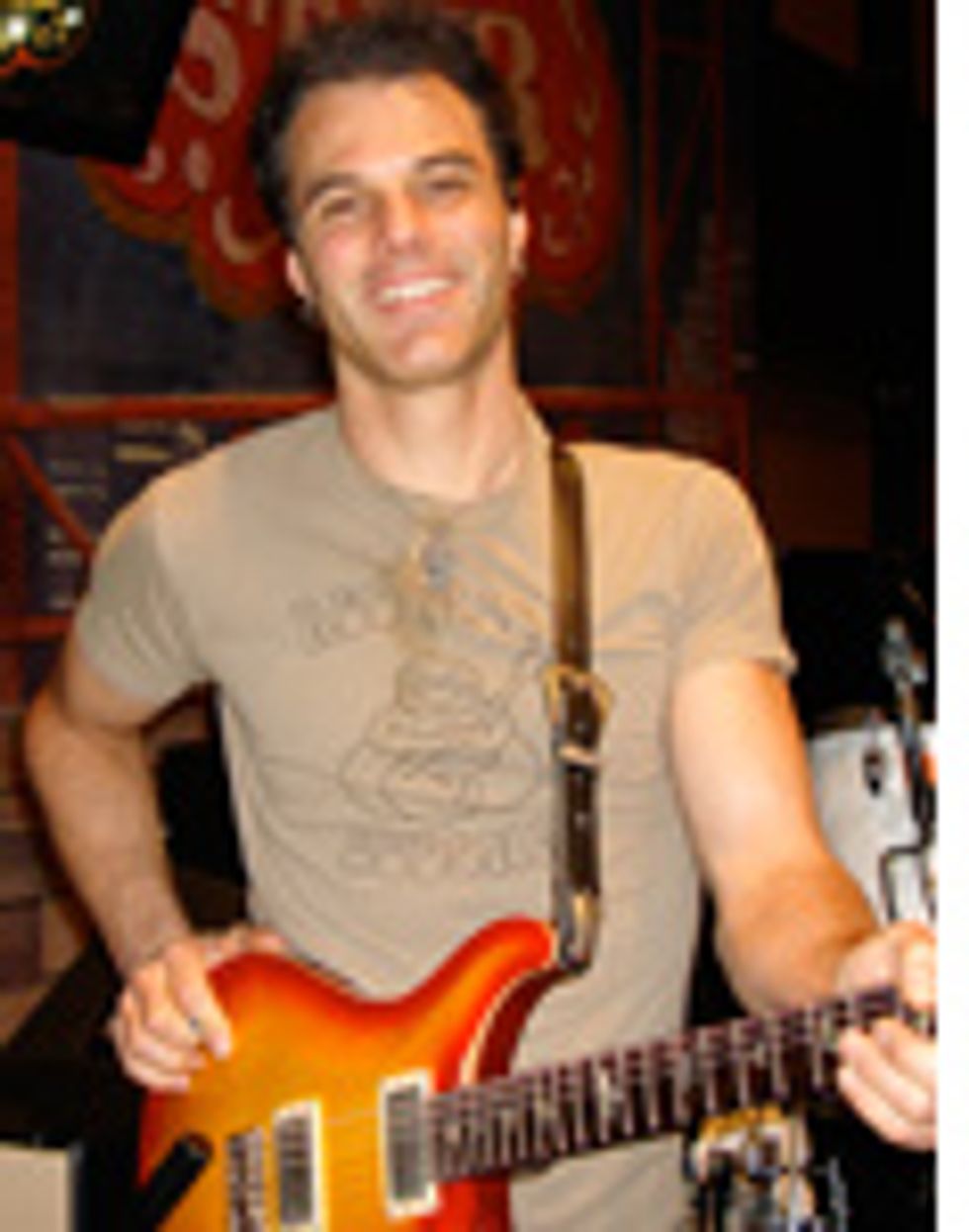 John Bohlinger is a Montana native and former Ivy Leaguer who was close to earning a Ph.D. in psychology when he dropped out to pursue a life in music. "The psych background comes in handy when dealing with the music business" John quips. Over his fifteen years in Nashville, John has toured the world, holding down the guitar/mandolin/pedal steel end for over 30 major label artists; he currently leads the band for the hit show Nashville Star, which has moved to NBC. John''s songs and playing can be heard in several major motion pictures, major label releases and literally hundreds of television drops. For more info visit johnbohlinger.com
John Bohlinger is a Montana native and former Ivy Leaguer who was close to earning a Ph.D. in psychology when he dropped out to pursue a life in music. "The psych background comes in handy when dealing with the music business" John quips. Over his fifteen years in Nashville, John has toured the world, holding down the guitar/mandolin/pedal steel end for over 30 major label artists; he currently leads the band for the hit show Nashville Star, which has moved to NBC. John''s songs and playing can be heard in several major motion pictures, major label releases and literally hundreds of television drops. For more info visit johnbohlinger.com



